Child support stems from the fundamental principle that “each parent of a child has a duty to maintain their child.”
Child Support Agreements
After separation, parents, whether married or de facto, can reach an agreement regarding the type and level of child support that is paid from one parent (“the payer”) to the other (“the payee”). Agreements as to child support can be formalised through the preparation and signing of a Binding Child Support Agreement or a Limited Child Support Agreement.
Binding Child Support Agreement
A Binding Child Support Agreement is a written agreement for child support signed by both parents after getting independent legal advice about entering into or ending an agreement.
This legal advice must be provided by a legal practitioner who has been admitted by the Supreme Court of a State or Territory of the Commonwealth of Australia and holds a current practising certificate.
The legal practitioner must provide a statement they have provided the parent with independent legal advice as to the effect of the agreement on their rights and the advantages and disadvantages of entering into such an agreement. The agreement must include an acknowledgement of this advice.
A Binding Child Support Agreement can be made and accepted, even if a child support assessment has not been made. The agreement can be made for any amount that both parents agree to.
Limited Child Support Agreement
A Limited Child Support Agreement is a formal agreement for child support that is in writing and signed by both parents. Legal advice is not needed before entering into a Limited Child Support Agreement.
Before the Department of Human Services (Child Support) (“the CSA”) can accept a Limited Child Support Agreement:
- there must be a child support assessment already in place; and
- the annual rate payable in the agreement must be equal to, or more than the annual rate of the child support assessment.
Importantly, a Limited Child Support Agreement can only be in place for a maximum of three (3) years. After this time, either parent can terminate the agreement.
Child Support Assessment
If parents do not agree or do not wish to put a private child support arrangement in place, then a parent is entitled to lodge an Application for child support through the CSA.
The assessment and determination as to the level of child support is an internal government procedure.
After the initial application has been lodged, a child support assessment (“the assessment”) will normally issue several weeks later.
The assessment will indicate the following:
- how much a parent is to receive/pay each week/fortnight/month; and
- a parent’s rights relating to payment/receipt of child support.
The Child Support (Assessment) Act 1989 (“the Act”) has a formula to calculate the amount of child support that would be paid by a parent in any given situation.
The formula is based largely on:
- the income of both parents;
- the number of children;
- the ages of children; and
- the number of nights that the child/ren spend/s with each parent.
Further information about the child support assessment process, including a useful child support estimator, is also available on the CSA’s website at https://processing.csa.gov.au/estimator/About.aspx.
There are also provisions in the Act that allow parents to seek a variation of child support, depending upon the circumstances. There are certain grounds which must be established before a Departure Order will be made from the normal formula.
The Act is a complex and difficult piece of legislation.
As such, you should contact us to seek specific advice about your child support situation. We can assist you in negotiating and preparing a suitable private child support agreement. Of course, if your matter can’t be settled by negotiation, we can also assist you in the objection process and/or going to Court seeking a variation of child support, if necessary.
For more information, please contact us on (07) 3211 4920 to discuss how we are able to assist you with your child support matter today.



